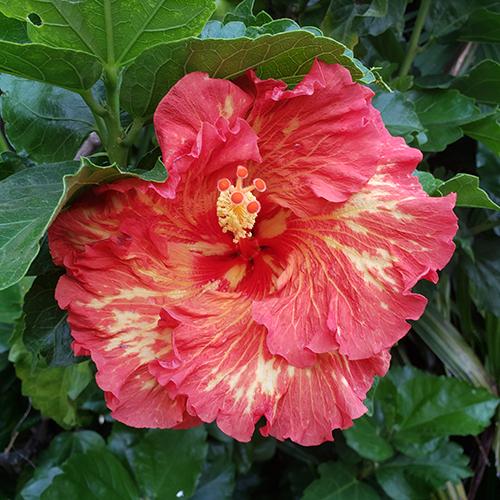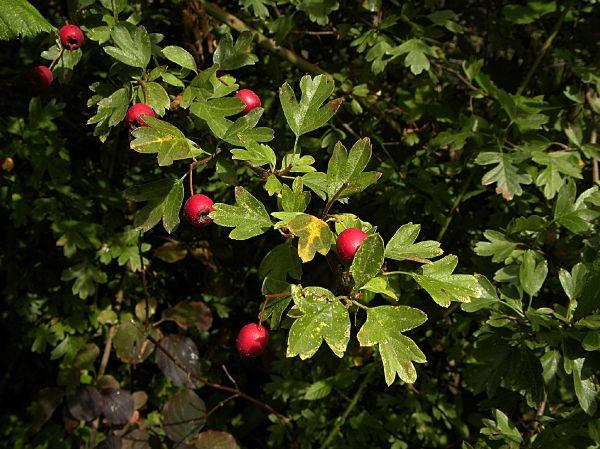
Benefits of Hibiscus
Hibiscus helped save our puppy We found a pedigree Golden retriever for sale for $50 in the local paper. At the time, they were selling
Hawthorn is known as the heart herb for its many benefits as a heart tonic.
The berry has been a key part of traditional Chinese medicine since at least 659 A.D.
Hawthorn, scientifically referred to as Crataegus species, comes from a thorny shrub that belongs to the rose family. From Old English haga (“hedge”)
The berry, which grows in various areas throughout the world, contains several antioxidants, including oligomeric procyandins, or OPCs, and quercetin, which neutralize free radicals and help prevent the development of chronic diseases.
Because of its antioxidant compounds, hawthorn berry has been used traditionally to treat a variety of different heart problems.
Polyphenols are associated with numerous health benefits due to their antioxidant activity, including a lower risk of:
some cancers
type 2 diabetes
asthma
some infections
heart problems
premature skin aging
Studies confirm the traditional use of hawthorn berries to strengthen and normalize the heart beat, prevent and reduce heart arrhythmias, and guard the heart against oxygen deficiency.
They have been shown to enhance coronary circulation and myocardial metabolism, enabling the heart to operate using less oxygen. Hawthorn berries are particularly beneficial for the treatment of angina (chest pain).
A noted expert in the area maintains that hawthorn drugs are characterized by three basic healing properties which complement one another:
1. Improvement of coronary blood supply which leads to a decreased frequency of anginal attacks and of subjective complaints.
2. Improvement of the metabolic processes in the myocardium, which results in an improvement of functional heart activity.
3. Abolition of some types of rhythm disturbances
It was once assumed that hawthorn and digitalis belonged to the same class of agents. That hypothesis has been totally refuted by studies which demonstrated that hawthorn may partly antagonize the undesirable properties of digitalis.
In addition, hawthorn enhances pulse and positively potentiates the force of muscular contractions.
It enhances cardiac output or performance in rats as measured by stress swimming trials.
It has a tonic and normalizing action. Unlike digitalis, hawthorn lowers blood pressure through dilation of peripheral vessels, rather than by direct action on the heart.
Thus it preserves critical reflexive blood pressure regulation.
In man, hawthorn acts on the healthy heart to increase cardiac activity.
Hawthorn appears to have less of an immediate effect than digitalis. After longer periods of use, subjective betterment accompanied by objective measurable improvement in tonus and regulation of cardiac activity are observed with hawthorn.
Unlike digitalis, hawthorn exhibits an absence of cumulative activity making it much safer to take.
Hawthorn Berry may stimulate the blood vessels to dilate, which allows blood to flow more freely through the blood vessels.
This can reduce blood pressure, as well as decrease any pressure on the heart and reduce the risk of developing heart disease or heart failure.
The dilation of blood vessels caused by Hawthorn Berry may also reduce symptoms of chest pain, which is medically referred to as angina. Angina is caused by low blood flow to the heart. When the blood vessels dilate, blood flow to the heart is increased and the amount of pain decreases.
Heart failure is a serious condition defined as the inability of the heart to pump blood to the rest of the body.
Studies published in the “European Journal of Heart Failure” and the “American Journal of Medicine” found that hawthorn berry supplementation may significantly improve heart function in those with heart failure.
The studies also found that supplementation with hawthorn berry can improve symptoms of heart failure and increase the ability to exercise.
Crush a tablespoon of the berries and soak in hot water for 20 minutes. Strain and drink.

Hawthorn is generally considered a safe herb, although different people may experience different reactions to the supplement.
The effects of hawthorn and digitalis are synergistic, such that only half the normal dose of digitalis is required if hawthorn is also being used.
The most common side effects of hawthorn berry include headache, nausea and heart palpitations.
Teaching comprehensive holistic education since 1985.
We are currently offering interactive hybrid courses including Herbal Fundamentals, Energy Healing, Aromatherapy and Clinical Herbology
Hybrid means you may choose to participate in each individual class in the hybrid course online or in person.
All of our products are made with love from organic, all-natural and ethically sourced ingredients.
We began making and perfecting our own herbal remedies more than thirty years ago and offer our favorite products for purchase.

Hibiscus helped save our puppy We found a pedigree Golden retriever for sale for $50 in the local paper. At the time, they were selling
Hawthorn Berry Hawthorn is known as the heart herb for its many benefits as a heart tonic. The berry has been a key part of

Can you take herbal supplements to arm your immune system? You probably know that zinc, vitamin D and vitamin C are gotta-have-its. How about herbal

While attending San Diego State College in the early seventies, my work-study job was in the vivarium, a room for keeping and raising animals for